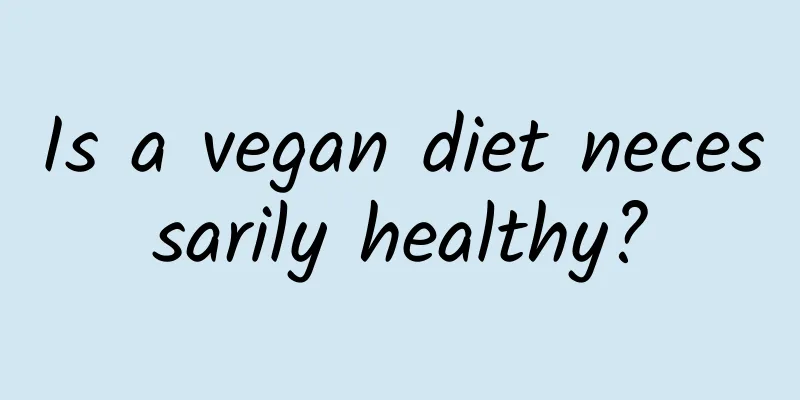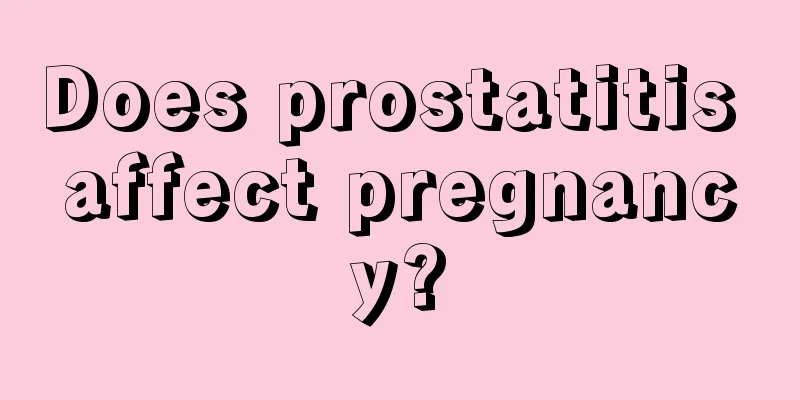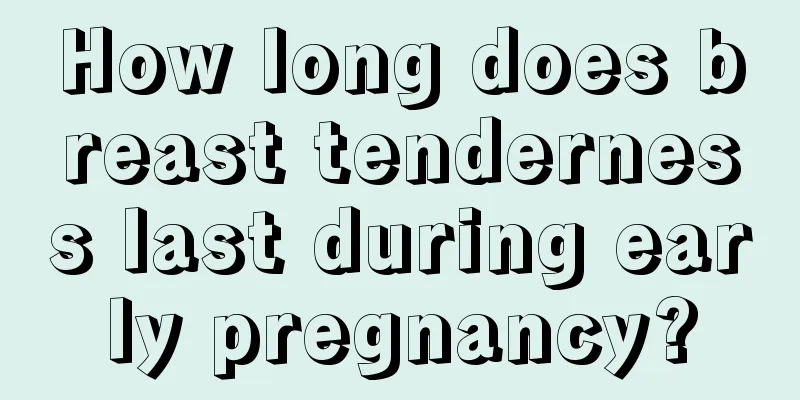Is a vegan diet necessarily healthy?

|
Author: He Xinhua, Chief Physician, Beijing Chaoyang Hospital, Capital Medical University Reviewer: Guo Shubin, Chief Physician, Beijing Chaoyang Hospital, Capital Medical University In the eyes of many elderly people, eating meat is unhealthy, and they think that their blood lipids are not well controlled because of eating meat. They simply equate eating meat with high blood lipids, which is actually unscientific. So is a vegan diet necessarily good? Copyright image, no permission to reprint 1. Vegetarianism is not necessarily healthier In many cardiovascular disease prevention and treatment guidelines at home and abroad, a low-salt, low-fat, high-calcium, high-quality protein and high-fiber diet is recommended as a healthy diet. Many studies have confirmed that compared with omnivores, lacto-vegetarians (milk + vegetarian) have significantly lower blood pressure, body mass index (an indicator of obesity), non-high-density lipoprotein cholesterol levels, fasting blood sugar and carotid intima-media thickness (an indicator of arteriosclerosis), and the risk of ischemic heart disease is reduced by about 32%, and the risk of cardiovascular disease in 5 to 10 years is significantly reduced. What is mentioned here is that partial vegetarianism reduces the risk of cardiovascular disease caused by metabolic syndrome risk factors such as obesity, but strict vegetarianism may have adverse effects on cardiovascular health. A domestic survey and analysis of the health status of a group of monks and nuns aged over 63 with a vegetarian history of more than 14 years showed that long-term overly strict vegetarianism and unbalanced diet can lead to endogenous lipid metabolism disorders. Although obesity may not be the cause, the incidence of cardiovascular disease has not been reduced. 2. Strict vegetarianism is harmful to the health of the elderly Vegetarians will feel very hungry due to lack of fat, and eating more oil-absorbing vegetables will increase their fat intake. Strict vegetarianism will also cause deficiencies in iron, zinc, calcium and fat-soluble vitamins in the body. The homocysteine level in the blood of such people will increase, which is an independent risk factor for atherosclerosis. In addition, strict vegetarianism will also cause anemia, hypoproteinemia, kidney stones, osteoporosis, low immunity, etc., which will endanger the health of the elderly. 3. A balanced diet is the best choice Copyright image, no permission to reprint For most elderly people, a balanced diet is the best choice. According to the dietary guidelines recommended by the Nutrition Society: a certain amount of meat, eggs, milk and sufficient fresh vegetables and fruits should be consumed every day; yellow-green and red vegetables and fruits should be emphasized, especially dark and green vegetables, which are rich in iron, calcium, folic acid, vitamin B, carotene, etc. |
<<: [National Cancer Prevention and Treatment Week] Breast nodules and breast hyperplasia
Recommend
Is it normal to have a lot of vaginal discharge a few days before menstruation?
The appearance of secretions is a normal physiolo...
Why do women bleed when they go to the toilet?
Blood exists inside the human body's blood ve...
How to take care of cervical erosion
In recent years, the incidence of cervical erosio...
Is it serious if the endometrium is thin and menstruation does not come?
The uterus, in simple terms, is the castle of the...
What causes abdominal cramps in early pregnancy?
The early stages of pregnancy are very dangerous ...
Seven major hazards of eating instant noodles for girls frequently. Do you still dare to eat them?
Instant noodles are a kind of food that many peop...
Are push-up bras good for breasts?
Women have to wear bras when they go out. Now the...
How will your belly feel when you are two months pregnant? How should you take care of yourself during your two months of pregnancy?
Generally, the pregnancy is not obvious for two m...
Why does my lower abdomen hurt after miscarriage?
Many female friends are prone to abdominal pain a...
Brown discharge at 8 weeks pregnant
When women are eight weeks pregnant, they will fe...
What could be the problem if my vagina feels wet?
Gynecological inflammation not only troubles fema...
How much money can a pair of OK lenses save after centralized procurement? Here are the things parents should pay attention to
Produced by | Eye Health is Real Author | Chen Zh...
What is the shelf life of lipstick?
I believe that everyone is very familiar with lip...









